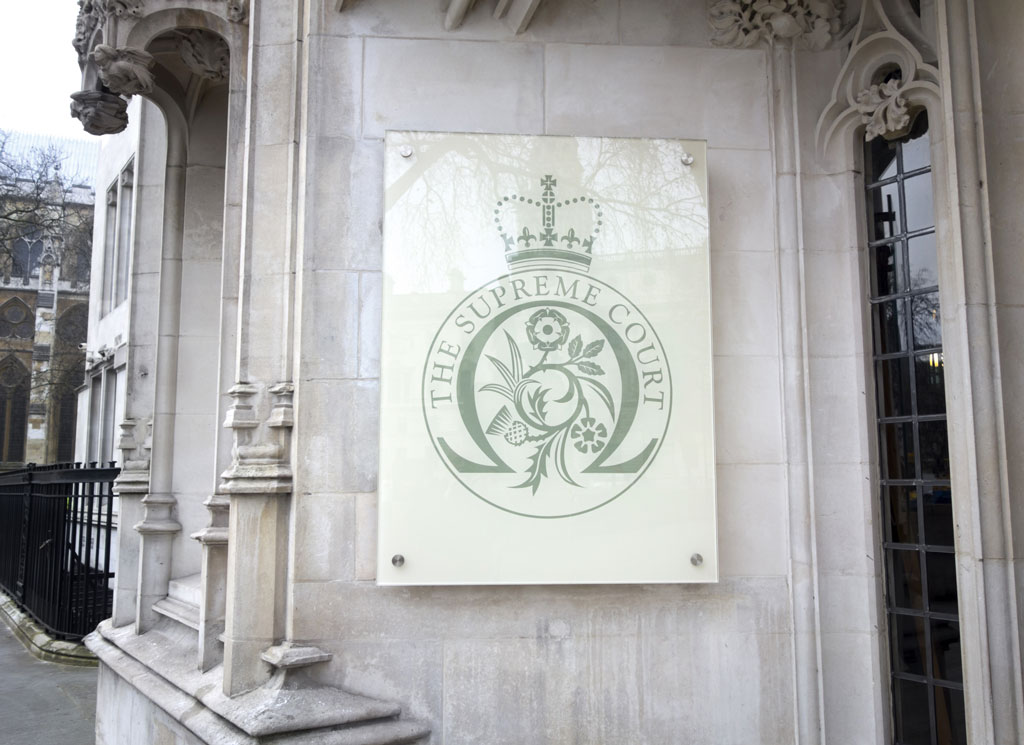
Constitutional expert finds no evidence to predict the votes of Supreme Court justices
The outcome of the Art 50 case currently before the Supreme Court is impossible to predict, says constitutional specialist Michael Zander QC.
There has been speculation in the press that the justices are divided and that there will be a majority decision in favour of the claimants. Zander, Professor of Law at the LSE, discounts this for the reasons that any leaks from the Supreme Court are “improbable” and that it is not possible to discern from the four days of oral argument and written submissions how the justices will vote.
After the Divisional Court hearing, Zander predicted that the government would lose its case in the Supreme Court, perhaps in a unanimous decision of all 11 justices. Since watching all four days of oral argument in the Supreme Court, studying the transcript and reading all the written arguments, however, Zander has concluded that the decision could go either way.
Writing in NLJ this week, he says: “I identified around 140 interventions that raised matters of substance.
“Four justices, Lords Neuberger, Carnwath, Mance and Sumption between them accounted for over 100 of these. I might venture to guess how a couple of them are likely to vote but as to the other two I have no idea and as to the remaining seven there is little or no evidence.”
He notes that there were surprisingly few instances where the Justices pressed the advocates on the propositions they were advancing, again making the outcome difficult to predict. The decision will be handed down in January.
Meanwhile, the Bar Council has has published The Brexit Papers, which offer ministers and civil servants guidance on the most pressing legal and constitutional concerns arising from the UK’s departure from the EU.
The papers draw on the expertise of practitioners across several areas, who contributed free of charge. The Bar Council has not taken a view on whether the UK should or shouldn’t leave the EU.
Hugh Mercer QC, who chairs the Bar Council’s Brexit working group, said: “If we are going to minimise the adverse impacts on UK citizens, a huge number of highly technical areas of law need looking at in fine detail.”







.tmb-mov69x69.jpg?sfvrsn=e3c4b2f1_1)


